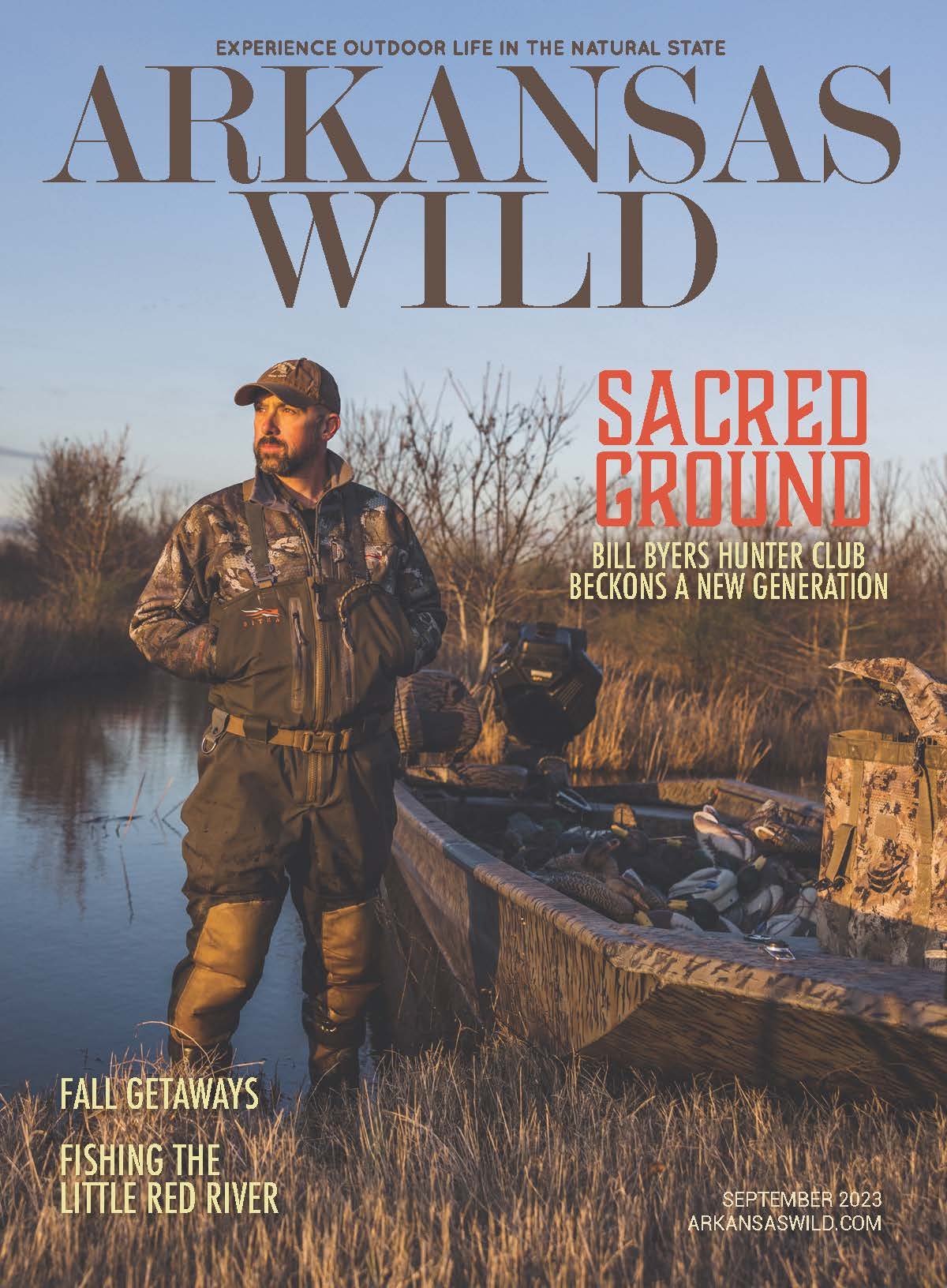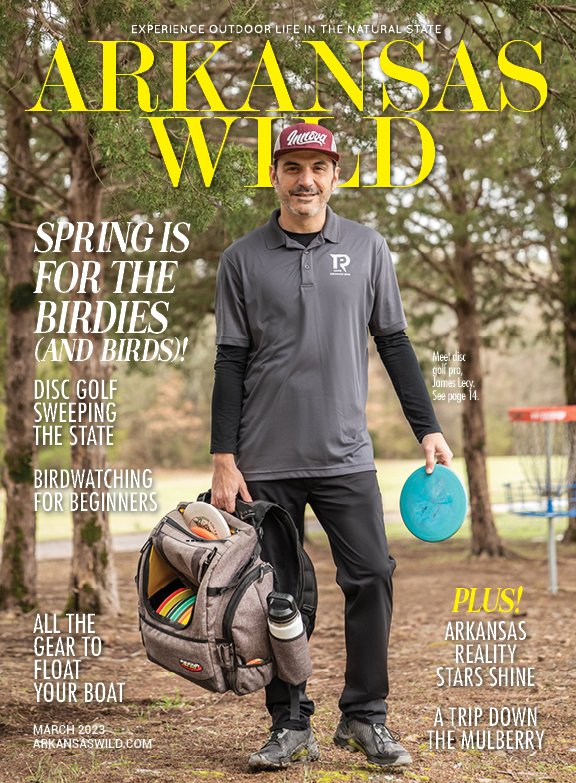Looking to Improve
Help Your Dog Become a Better Hunter.
By Chris Yielding
Off-season and tune-up training keeps your dog sharp for when the season opens.
I have seldom known a hunter who was completely happy with their dog’s performance during the season and who was not looking to improve, no matter the age or experience of their hunting buddy. The older dog might have missed a blind or two or taken a misdirection on some hand signals. A younger dog might have issues with steadiness or getting the second downed bird of a double. Either way, there is work to be done.
The first step in making needed improvements is to think back through the previous hunts of the season. By now, you might have already assessed your dog’s performance and have a to-do list in your head of what needs to be worked on to have him ready for the fall. If you have not already done this, don’t worry; the following will help you make up for lost time.
Not only do you need to think of the mistakes made, but also think over the times when he was nearly perfect. While you will need to work on the more difficult skills, you do not need to overlook the ones he has excelled on. Neglecting these skills will cause them to become rusty and more flawed once the season comes back around.
It does not take everyday work, but a couple of days a week will go a long way toward keeping familiar areas sharp and help to improve his other skills. In training sessions, it is always a good idea to start with something you know he will do well and it will give you the opportunity to give him lots of praise.
“It is a fact that dogs will perform better if that bond is strong. The more he loves you, the more he wants to perform well for you, make you happy and get your praise. ”
If your goal is improving blind work, for instance, give him some singles and then doubles to work at first. And when he knocks those out of the park, give him a ton of praise. Although they cannot directly tell you how they are feeling, this will go a long way to improving their mentality and focus.
After working previously mastered skills, it is time to move on to the skills that still need to be polished. Start out simply: If he is struggling with blinds, do not start out with 150-yard blinds across the heavily covered field. In this example, better to start shorter with a more open layout. When he gets that right, praise him as if he did the best retrieve ever. Then you can progress to more difficult setups.
Work on the specific skills needing improvement, but do not expect it to be fixed in the first couple of sessions. It will take time and patience, but will pay off by helping him advance through the training as he comes closer to mastery of the skill.
The author and his hound Stetson catch their breath after a hunt.
If he struggles as the training session is nearing the end, take a step back. Set up a drill you know he’ll do well and when he gets it right, once again hand out lots of praise. You always want to end a session on a positive note as this will help him be excited for the next session where again, you’ll start out with a drill he does well and then move on to the next task.
As your training progresses, assess how your dog is mastering the new skill and make the drills more difficult accordingly. Following this pattern, and giving the dog the consistent attention he needs, increases the chances that your dog will improve by the time next season rolls around. This will not necessarily make his execution flawless, but you should be able to see a noticeable difference in his performance.
Another benefit of training time is the bond that you and your hunting buddy will create. The more time you spend with your dog, the closer the two of you will become. And it is a fact that dogs will perform better if that bond is strong. The more he loves you, the more he wants to perform well for you, make you happy and get your praise.
It is important never to be completely satisfied with your dog’s performance throughout the season and to always be looking to fine-tune skills. Just as the professional athlete works year-round to improve, such is the case with dogs. The more time they get for practice, the higher their level of performance will be. It will greatly benefit you not to let too much time pass before you start working to get ready for next season.




